|
Child participation is something we strive for in all our programmes and is one of our core values. Read about how Child Councils in Bangladesh have been campaigning for the changes they want to see at school. Child participation along with community participation and ownership has been at the core of what we have provided since we began our work in Bangladesh in 2010. Through Child Councils and School Management Committees, running each one of our learning centres, we engage students, parents and local people to express their opinions on the running of the schools and the wider programme and shape its future. We currently have 313 Child Council members and 154 School Management Committee members, over the three areas of the programme in Bangladesh: Kutupalong refugee camp, and the slum communities in Cox’s Bazar and Doharazi enclaves. In the Kutupalong camp, Child Councils have been instrumental in encouraging their peers to attend class and engage with education, as well as sharing vital health information, especially the avoidance of Dengue fever and Monkeypox. They also help to influence people about nutrition and important life skills. The Councils have talked about teaching their siblings at home, and how they would like to get even more involved with ‘Moja Kids’ - their online digital platform. Rebeka Khatum, Monitoring and Evaluation Officer in Kutupalong says, “For the Rohingya community, Child Council engagement produces long-term benefits in their lives. It gives them a sense of belonging and is crucial to the building of their identity. The Child Council sends a powerful message to the Rohingya community. It’s one that says you are important. You belong. And it’s a message that speaks to the importance of empowering every child in the world. Through this engagement they begin to understand the wider society as a whole — what actions work and do not work, and what values, sensitivities, and hopes we share”. In the Doharazi enclaves, Child Councils have been discussing what they want to see in school and have requested more digital content for grade four - which is due to be provided in the coming months. They have also asked for a playground at Bari Mukti School. The team are now trying their best to negotiate a patch of land to enable this. While outside play was banned by the government due to the pandemic, Child Councils campaigned for their Wednesday play days to be reinstated every week, and were very happy when restrictions were lifted. The School Management Committee also solved some ongoing issues with theft by employing a new night guard. Programme Manager Sudeb Rudra describes how, “The Child Councils play an important role for proper, fruitful implementation of our project activities. Through them, we are able to understand their needs, hopes and opinions. They represent the whole school and through their leadership, teachers and project staff get support and ideas to improve. They have a great influence in the programme, inspiring new ideas for Mojakids, spreading information about health and hygiene practices, helping teachers to reduce absenteeism, and maintaining school discipline. A quality of leadership grows among the child council members, and this leadership in turn helps the community”. In the communities, both the Child Councils and School Management Committees have been so pleased to see the schools back on track this year, and would love to see education provision increase all the way to grade 10. School Management Committees have also been working to get attendance up by encouraging the importance of education in the community, and both forums have been involved in identifying practical improvements needed for school buildings. When a brand new, six classroom learning centre opened earlier this year in Khurushkul, Cox's Bazar, the Committees had to troubleshoot a number of practical problems as the monsoon weather hit. They suggested the building of a bamboo bridge to help children over the floodwater, along with a guide wall for protecting against landslides and other developments on the building’s infrastructure. In Bangladesh we work with our partner organisation, Mukti Cox’s Bazar to provide education for almost 9,000 Rohingya refugee and slum dwelling children living in and around Kutupalong refugee camp, Cox’s Bazar and the Doharazi Enclaves.
Kutupalong is the world’s largest refugee camp, where hundreds of thousands of Rohingya refugee children are cut off from education in the border camps of Bangladesh. Here we support 75 Learning Centres, offering education for 6,895 Rohingya refugee children. In the slums of Cox’s Bazar, Bangladesh families face extreme poverty, forcing many children to work and miss out on going to school. In the Doharazi Enclaves, Rohingya refugees who have moved further inland from the crowded border camps are cut off from education. We support 34 Community Schools in both these areas offering education for 1,700 children. Support us
0 Comments
Your comment will be posted after it is approved.
Leave a Reply. |
RECEIVE OUR EMAILSBlog Categories
All
Archives
July 2024
|
|
JOIN US ON SOCIAL MEDIA
|
Annual Report | Contact Us | Jobs | Media Centre | Resources | Shop
Accessibility & Policies: Accessibility | Equity, Diversity & Inclusion Policy | Complaints| Privacy Policy | Safeguarding
Accessibility & Policies: Accessibility | Equity, Diversity & Inclusion Policy | Complaints| Privacy Policy | Safeguarding
Children on the Edge, 5 The Victoria, 25 St Pancras, Chichester, West Sussex, PO19 7LT, UK | 01243 538530 | [email protected]


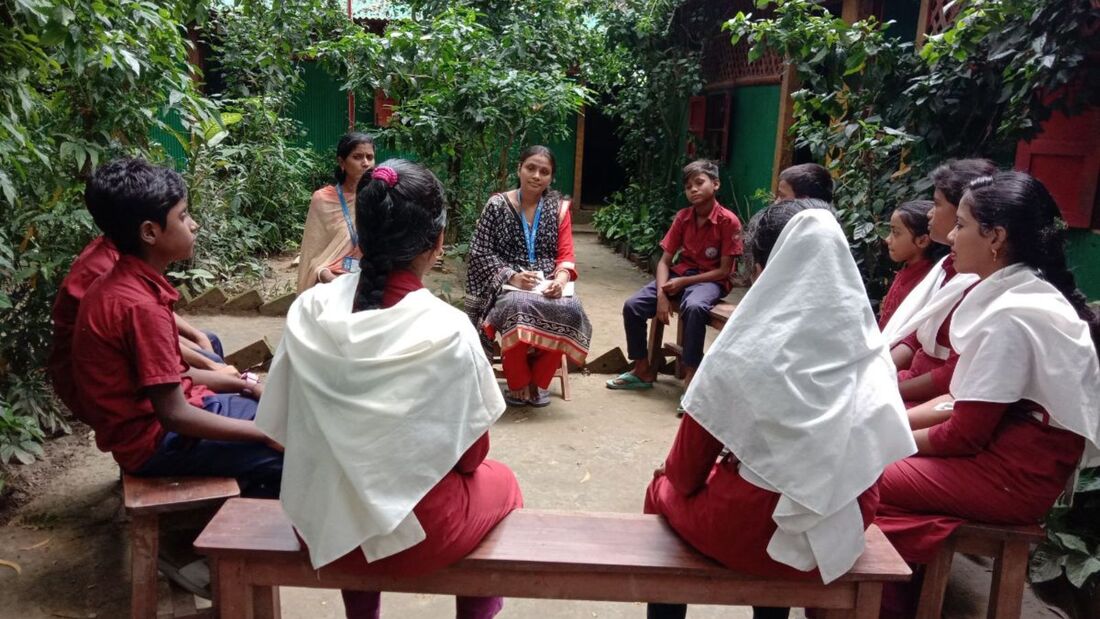
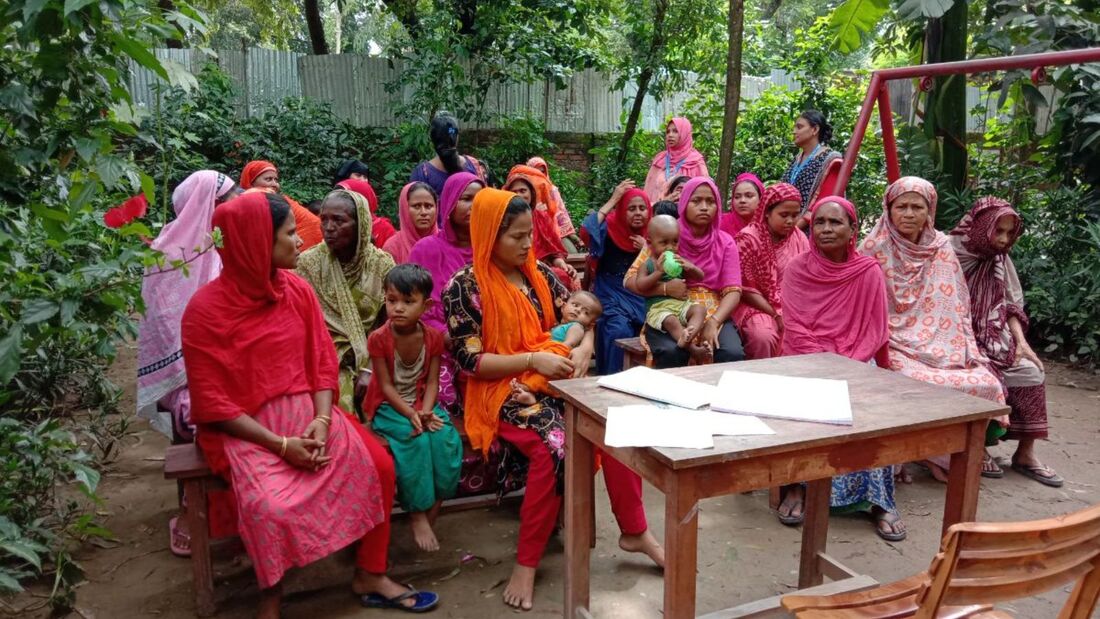
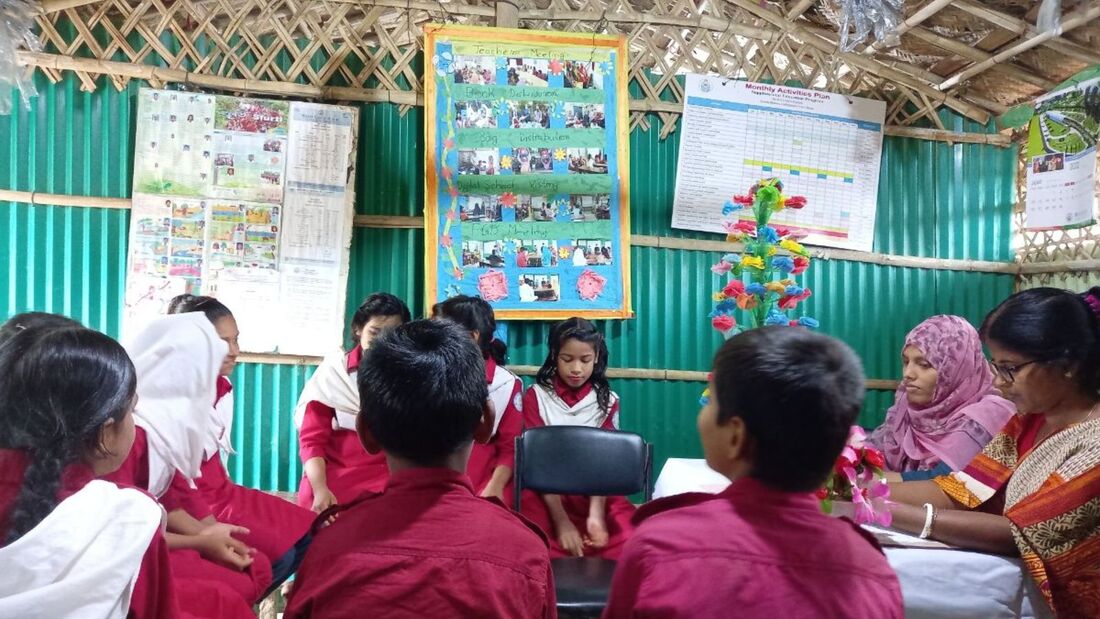
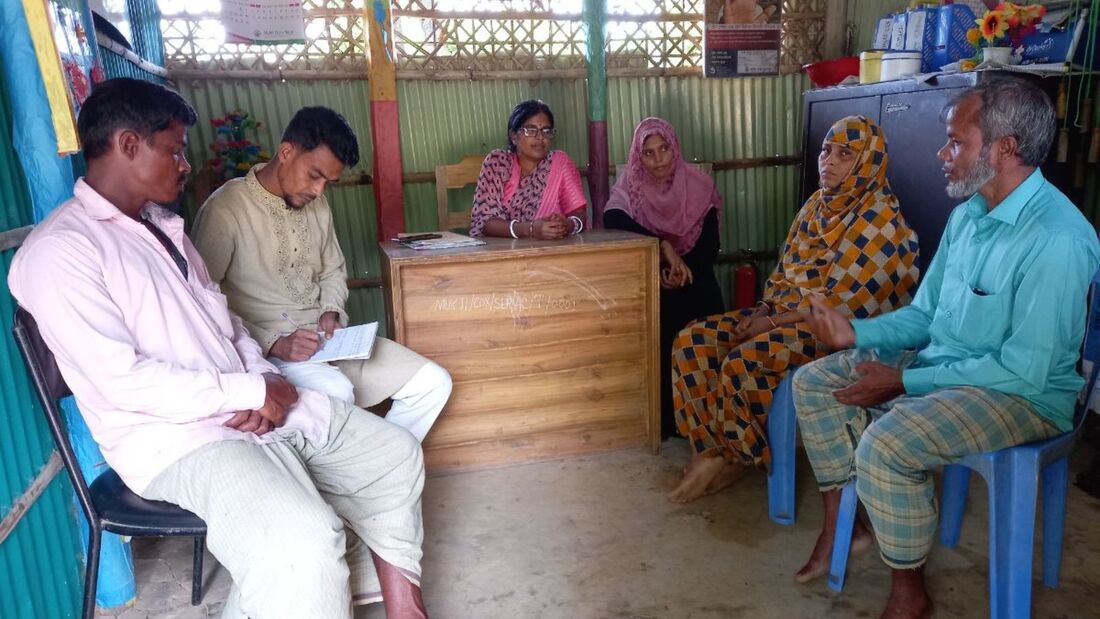
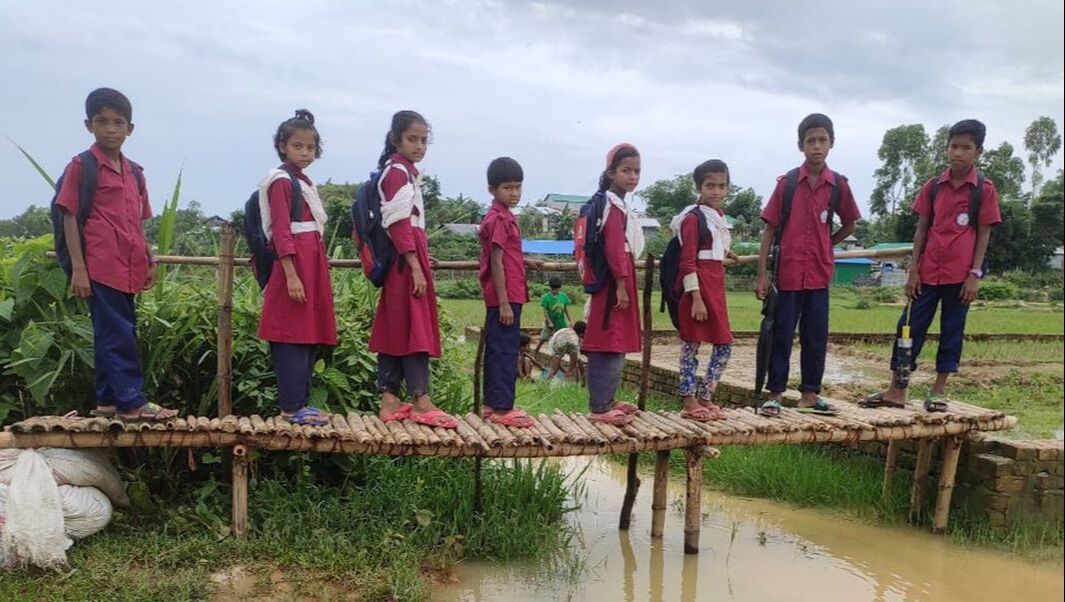
 Give monthly
Give monthly Fundraise for us
Fundraise for us RSS Feed
RSS Feed
